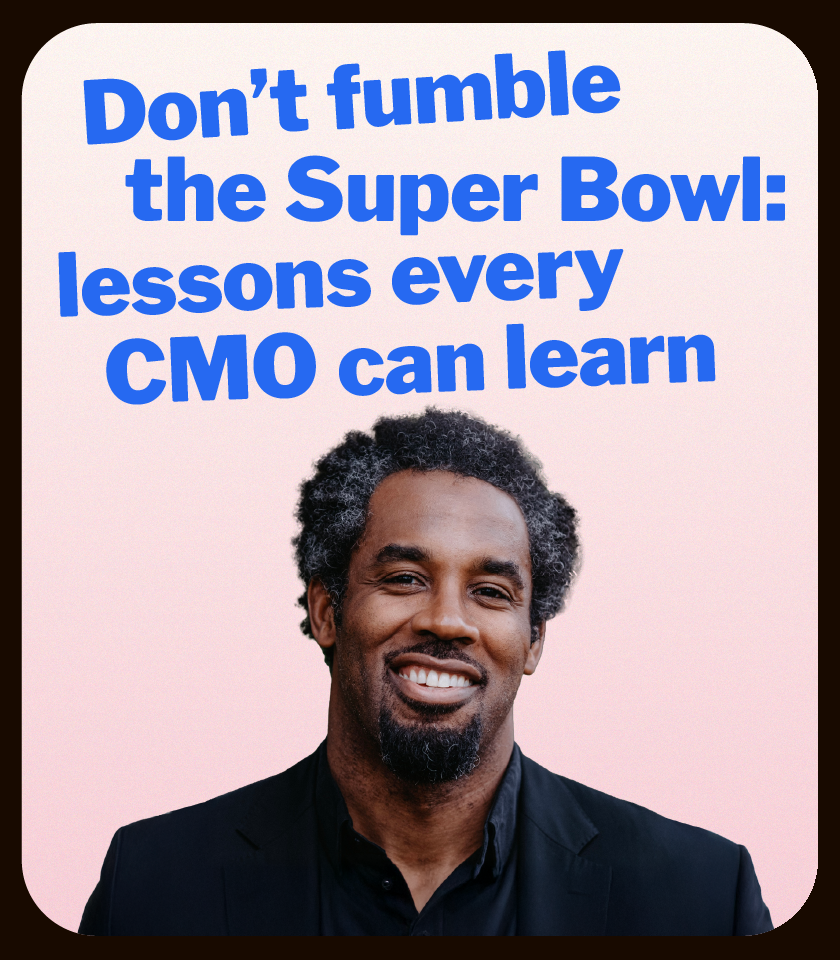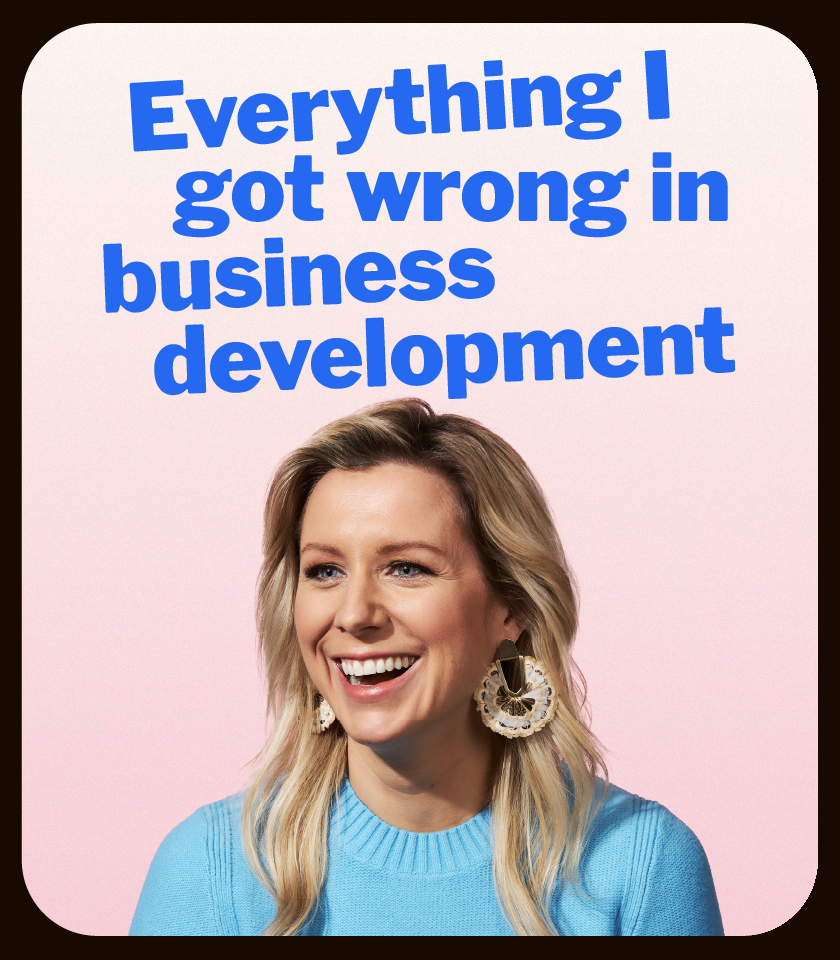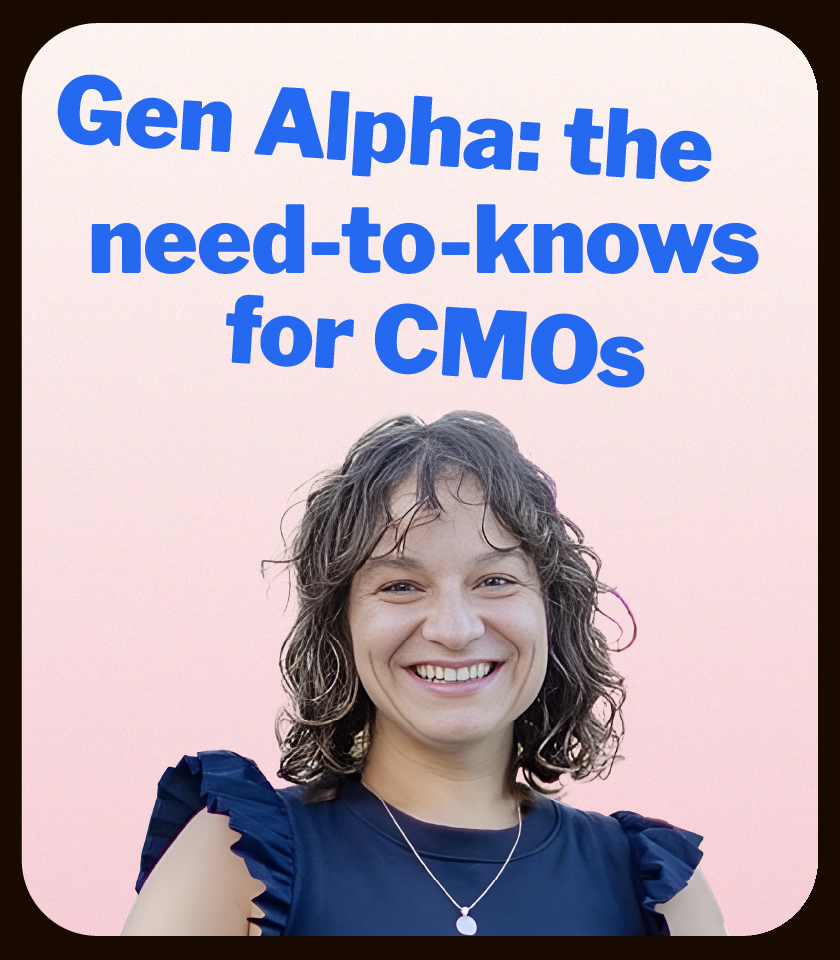I became a college graduate about nine months into the pandemic. After applying for every job I could think of, I found myself with a lot of free time. I started thinking more about my family. There was one question I kept returning to: what would happen if I lost my grandparents to Covid-19 and wasn’t able to ask them all the questions I wanted to ask?
Uncertain about my future, I shifted my focus to my past. I’d always heard stories about my Polish, Czech, and Hungarian relatives but had never gotten to meet them. I hoped I could reconnect with them, and that my grandparents could too.
Determined to find answers, I sent dozens of messages on Facebook and Instagram to anyone I thought could help. Whatever anxiety I had about directly messaging strangers quickly evaporated when I began to see its success. I learned things about my family that were painful – I discovered that many of my relatives were murdered by the Nazis during WWII. I learned things about my family that were inspiring – how resilient they were despite the pain that they had lived through. I learned things that my parents and my grandparents hadn’t known.
Pandemic aside, I realized I’d never have discovered this information without the connectivity Instagram and Facebook provide. Social media and the kindness and curiosity of strangers had allowed me to understand more about myself and the world.
I think for myself and lots of people, the pandemic has allowed us to slow down and reevaluate our lives, with more and more people thinking about what’s important to them. A lot of that is happening on social media. Undoubtedly, this self-discovery movement and community revival will continue to have a significant impact on consumer behavior.
All this reminded me of a study conducted in Hong Kong. After the 2002-2003 Sars outbreak, the epidemic seemed to strengthen relationships with family and friends. Over 60 percent of the participants said “they cared more about their family members’ feelings” after the epidemic ceased. During the Covid-19 pandemic, my thoughts regarding the care of and concern for my family echo the study’s findings. As we’re surrounded by mass death during this time, learning about life and identity have never been more important.
Will the intensity of this global pandemic drastically shift those numbers seen in Hong Kong? No one can say for sure, but I believe there’s a strong chance Covid-19 and its associated burdens will have a significant worldwide impact on how we view family and community.
When people start to value their own families more, they become more empathetic for those outside their inner circles. And when core values start to change, consumer values follow suit.
In August 2020, a popular slow fashion influencer Venetia La Manna posted a slideshow on her Instagram account illustrating the unethical treatment of Missguided’s employees, revealing that 80 percent of their garment workers are women of color who make less than $21 a month. While Missguided paid their garment workers the bare minimum, they offered British Love Island celebrity Molly Mae Hague a £350,000 contract and an £80,000 Range Rover, even though she doesn’t drive. When La Manna’s followers discovered these details, they were outraged. How can you pay people, especially people who have families, less than $1 a day? One person noted, “[They] think some people are worth more than others.”
H&M, who released a “conscious collection” in late 2020 on their website and social media accounts, also faced a massive pushback when people discovered their garment workers were still not making a living wage. La Manna again revealed the unethical pay and treatment of the workers hidden behind H&M’s new “conscious” campaign. Her post received over 20,000 likes.
Outraged, over 400 people commented directly on La Manna’s post, most of whom expressed their concern for H&M’s workers and demanded a meaningful change for their lives. Some wondered how the workers could survive on their own with such low pay, much less with a family.
After decades of brands using inhumane labor practices, people have had enough. With the combination of the ease in mobilization on social media and increased care for others, people are starting to rethink their shopping choices. If a brand’s practices don’t align with consumers’ core family values and fair wages, people will find out. And it won’t be good for business.








